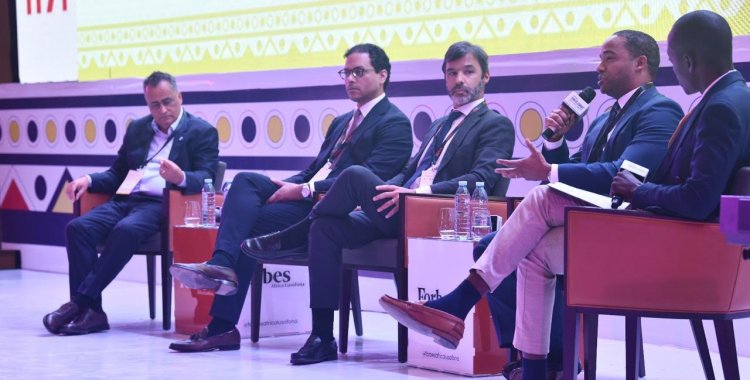Addressing the “crucial role” played by Bodiva (Angola Debt and Stock Exchange) in the development of the financial market at a global level, and in particular in the economies of emerging geographies, the director of EY Angola highlights the existence of “more and more companies listed” and the fact that “the path taken by companies that are already on BODIVA opens up positive perspectives for companies that will follow”.
Despite the progress of the capital market, João Rueff Tavares points out some challenges, since “the economic and business environment has been marked by signs of volatility and some uncertainty, with impacts in terms of exchange rate stability, inflation control, regulatory pressure, to which is added the most recent confirmation of entry into the FATF gray list”.
For the executive, “despite the growth, there are challenges, such as the need for greater transparency, liquidity and the creation of a friendlier environment for investors”.
Looking at the Angolan panorama, the person responsible highlights the “high potential that could represent alternative forms of financing the economy, in line with success stories in mature economies”, highlighting as examples: crowdfunding, which allows a large number of people finance projects or startups, attracting smaller investments and democratizing access to capital; micro-Investments on stock exchanges, which facilitate investment in shares or funds with minimum amounts; and investments in cryptoactives, offering new investment methods and portfolio diversification.
“We also have payment-for-performance platforms, in which financing is conditioned on the success or performance of specific projects. An example is Social Impact Bonds (SIB), used in several countries such as the United Kingdom and the United States of America, where investors receive a return if social goals are achieved”, he explains.
For João Rueff Tavares, “looking at the country and what is intended in the medium and long term in terms of democratization and mass access to the capital market, it is necessary to think more comprehensively and about new forms of financing, which can include everyone.”
According to the director of EY Angola, entry into the capital market must also be seen and approached “from the point of view of purpose”. “We have a young population that is increasingly literate and has greater access to information and, therefore, we have to give them a purpose to test and verify what the capital market can give them”.
Regarding the opportunities for Small and Medium-sized Enterprises (SMEs) to prosper, João Rueff Tavares highlights the need to “strengthen financial capabilities, have greater access to training and create strategic partnerships”.
“Meanwhile, it is necessary to promote a more favorable regulatory environment to encourage the growth of SMEs, which do not find an answer to their needs in a trading venue (due to capital, reporting, regulatory requirements that are necessary to respond to), which are fundamental for development economic and social of the country. The combination of these factors suggests a promising future for the capital market in Angola, as long as there is a continued commitment to modernization and financial inclusion”, he concludes.







